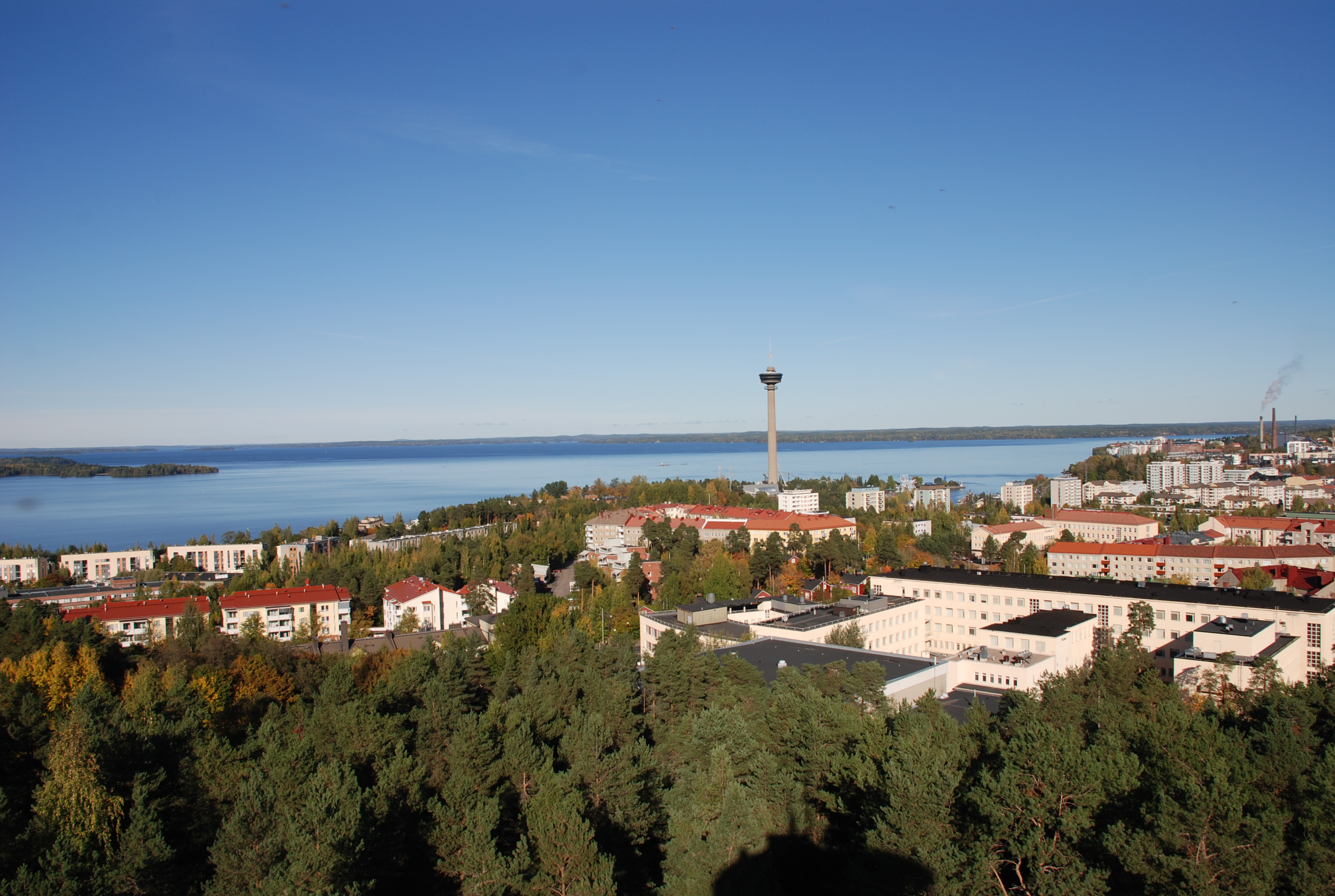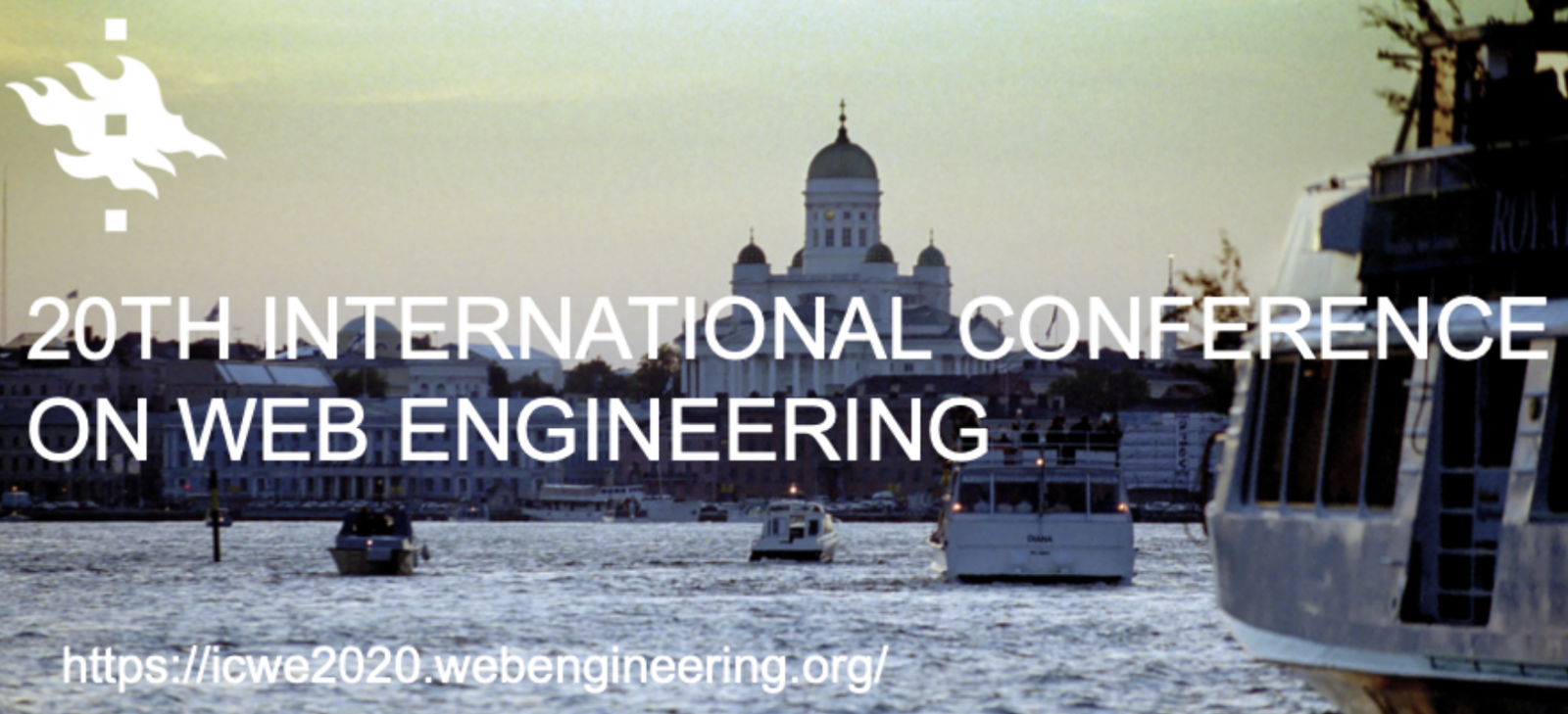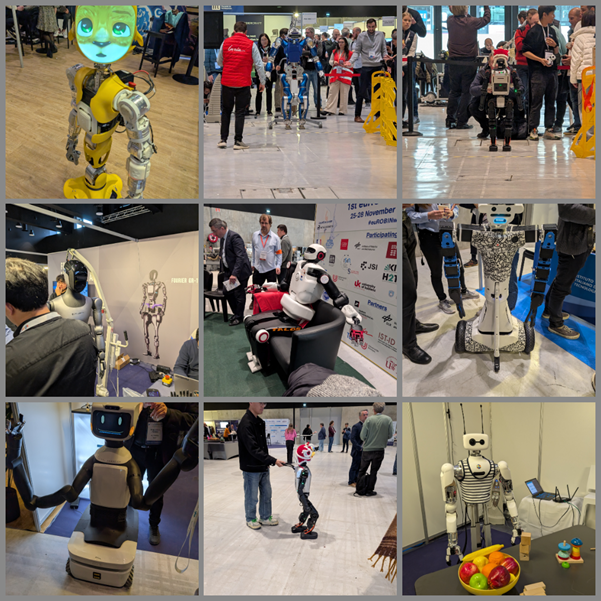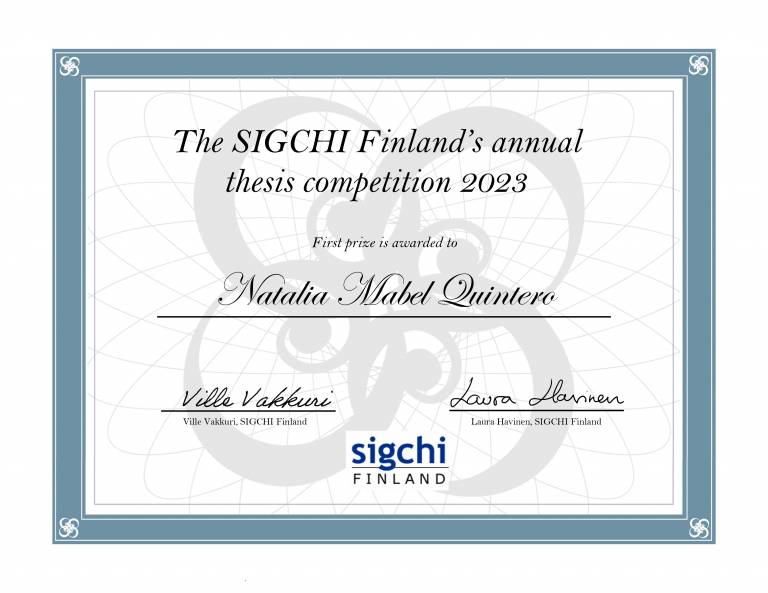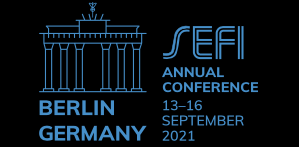When we for the first time promoted the event in Daejeon, South Korea in June 2019, the world was a very different place. We were worried about things such as venue (downtown, easily accessible, with nice places to visit nearby), getting to Finland (Finnair has a great network for entering Europe from various places) and social program (Helsinki has great restaurants and an option to go to a sauna by the seaside, in downtown). However, during the spring things took a different turn, and we basically had to abandon all the plans virtually overnight, leaving us two options, either to postpone the event or to go completely online.
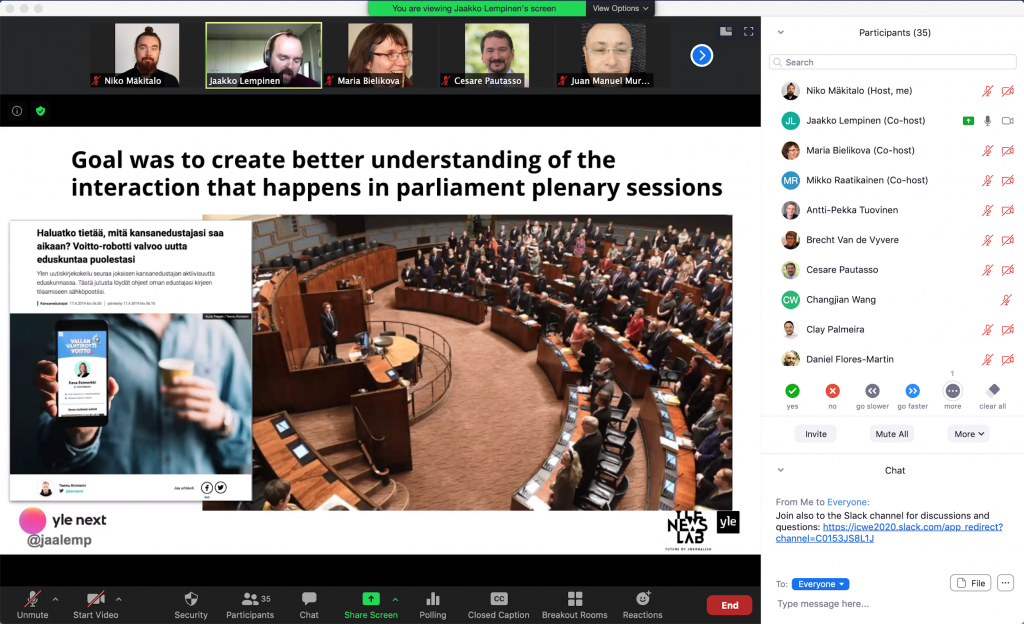
We decided to go for the latter — what would have been more natural for a community of web engineering researchers and practitioners? This meant that the website became the portal of just about everything related to the conference, including links to live sessions, video presentations, slides, Slack channels, and so on. Despite our worries while organising things, it turned out that indeed it is feasible to organize an international conference completely online. Here’s a couple of ideas that we adopted that worked well.
- Staying focused online is harder than staying focused when someone is physically present and presenting. To allow the participants to familiarize with the topics, we collected video presentations of the accepted papers and put them online well before the event.
- To further focus on the essentials when online, we changed the format of the sessions. Usually, ICWE has had 1.5 hour sessions, with three 30 min presentations, consisting of 20-25 min presentation and 5-10 min questions. We shortened the sessions to 60 min, and the presentations to 20 min. Since full videos of presentations were available for viewing beforehand, the format of the presentation was 5 min for recap by the authors(s), and 15 min of interaction, questions, comments, and so on. This worked surprisingly well, and, given that communication is slower online than in in-premise situations, provided a nice opportunity to interact with the presenters.
- Keynotes were streamed live, to maintain excitement throughout the presentation. The three keynotes, presented by David Bryant (Fellow in Emerging Technologies, Mozilla), Prof. Dr. Olaf Zimmermann (University of Applied Sciences of Eastern Switzerland) and Jaakko Lempinen (Head of AI, YLE) all delivered number of experiences as well as inspired a lively discussion afterwards.
- Every session in the conference had a Slack channel, where the topics related to that session could be discussed. Many session chairs used the channel to discuss practicalities with the presenters, and the audience used that to raise questions. This definitely would work on a physical conference, too.
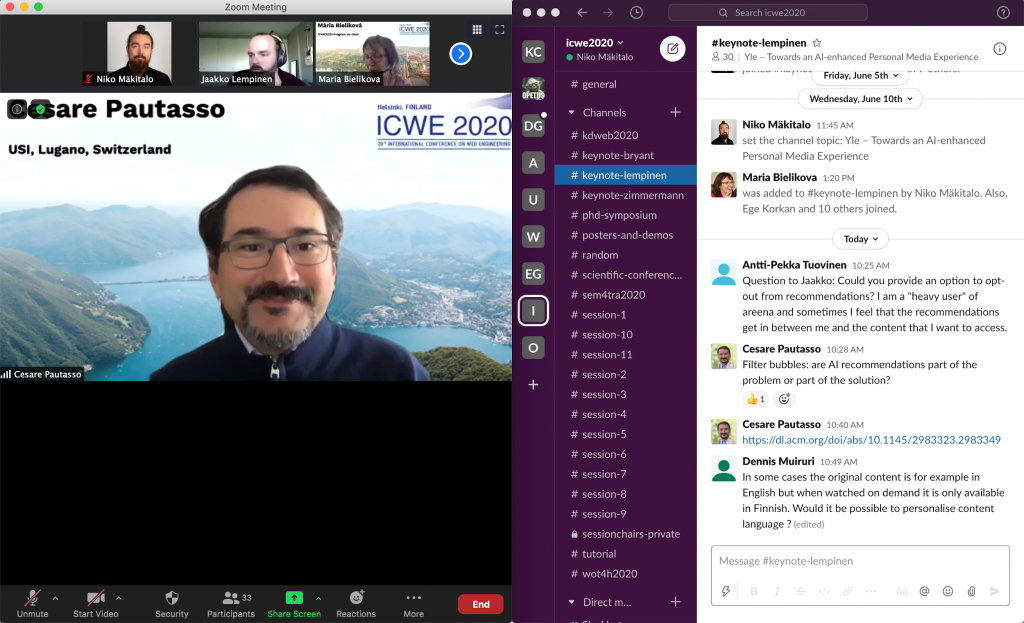
While the event did not require any physical traveling, this is not to say that it was an easy four-day activity. Instead, the event was intense, and it was clearly possible to see the intensity of people, at least when they had their camera on. Having the event completely online also meant taking into account details such as the time zones while composing the program, which added a layer of complexity in the planning of the event.
Goodbye all you ICWE’20 delegates, and thanks to those of you who helped us to organize the event. It was great to have you all in Finland, even if only remotely.
Kari^2, Markku, Niko and Tommi

